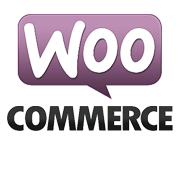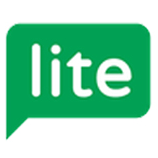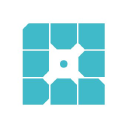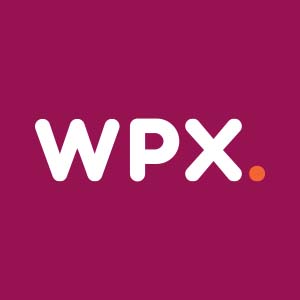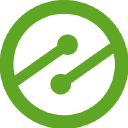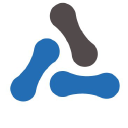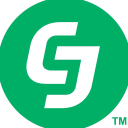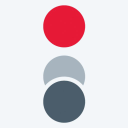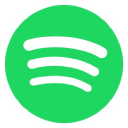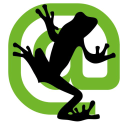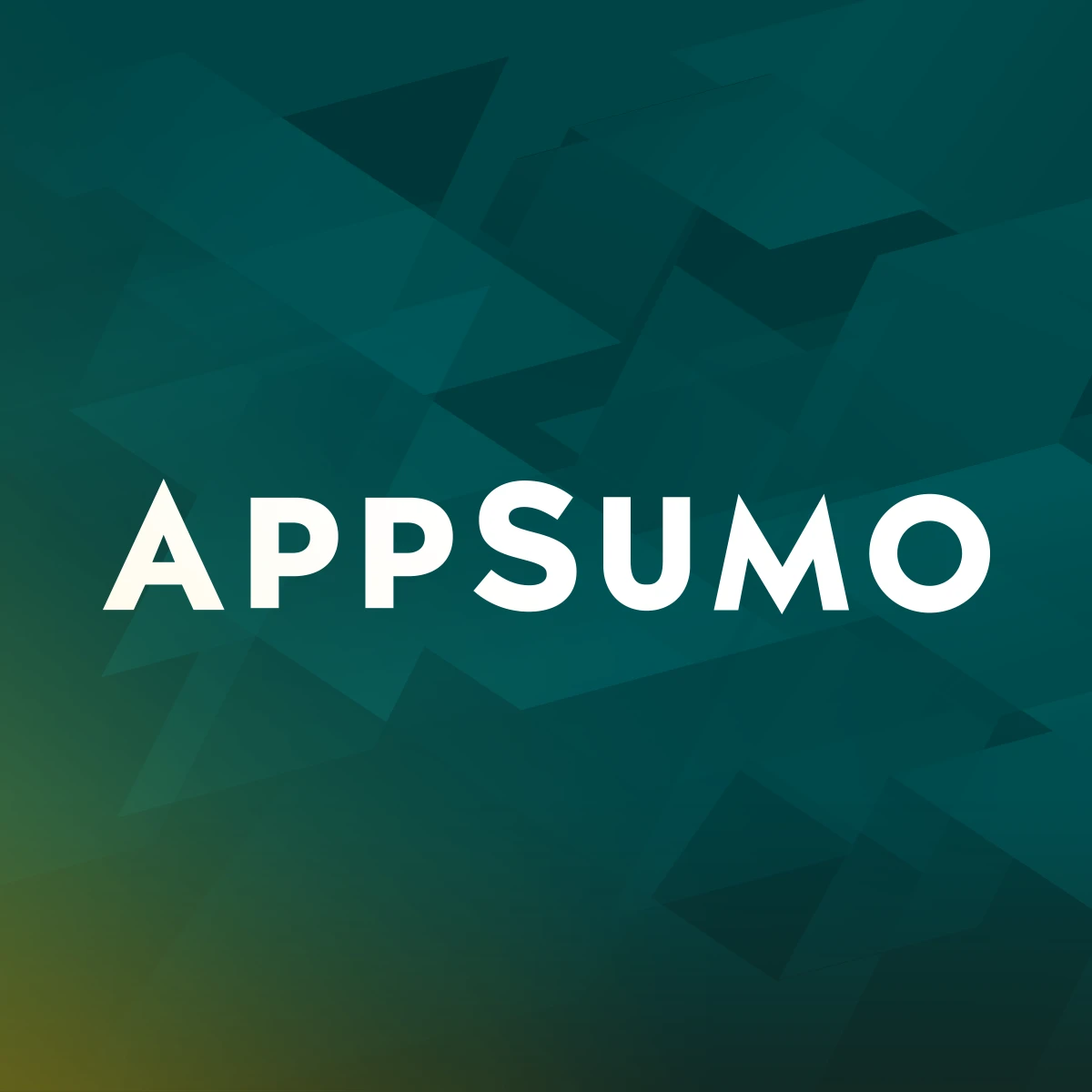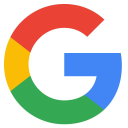How We Started Our $35K/Month Tourism-Focused Marketing Agency With Just A Basic Wordpress Site
Hello! Who are you and what business did you start?
Hi, I’m Matthew Davison, and I run and own Travel Tractions a tourism-focused marketing agency, which does around $35k/mo, and a couple of other small travel websites. Our primary focus is SEO services for tourism, with our main products being strategy and content marketing services.
We currently produce and optimize almost half a million words of content a month for a wide range of travel publications and businesses all over the world. 2 years ago, we lost 95% of our business due to COVID and many of the team but have built back up to be a formidable business today.

What's your backstory, and how did you come up with the idea?
Before starting Travel Tractions I had been doing tourism marketing for almost a decade, my...

